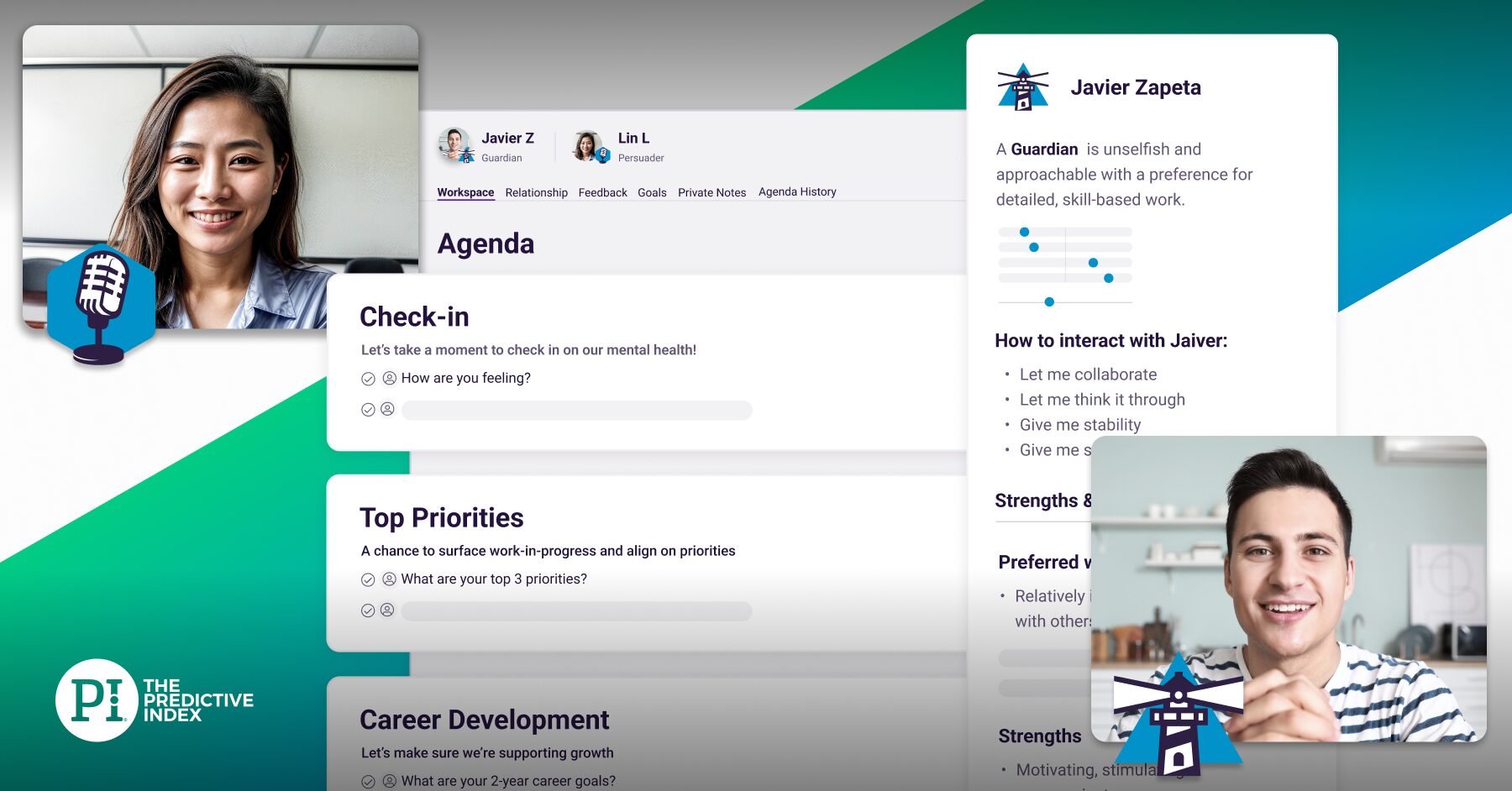These 6 interview mistakes are causing you to hire the wrong people
With butterflies in your stomach, you enter the interview room. For the third time this year, you’re screening candidates for an important position at your company. Desperate to hire someone who will remain in the position for longer than a few months, you feel certain you’re more nervous than the job applicant confidently smiling at you. If you can relate to this scenario, you’re not alone. Finding the right person to fill a vacant position is often tedious and nerve-wracking. To increase your odds of landing the right person for the job, strive to avoid the following common mistakes when interviewing applicants.
Failing to Know What You Want
Failing to know what you want when interviewing applicants can lead to hiring disasters. Before screening candidates, do your homework. Create a detailed list of job responsibilities. For each responsibility, determine the skills, talent, knowledge, and experience required to accomplish the task. Once you know what qualities you want a new employee to possess, your likelihood of hiring the perfect person for the job will skyrocket.

Overly Relying on First Impressions
When interviewing applicants, resist the urge to overly rely on first impressions. While one candidate might display the firmest handshake and the best eye contact, he or she may lack pertinent skills required for the job. Attempting to disprove your first impressions of an applicant can sometimes provide insight. For instance, for candidates you’re immediately drawn to, search for reasons why they aren’t suited for the position. For those applicants who don’t provide you with good first impressions, look for reasons as to why they’re perfect for the job.
Join 10,000 companies solving the most complex people problems with PI.
Hire the right people, inspire their best work, design dream teams, and sustain engagement for the long haul.
Neglecting to Mention Company Culture
Feeling comfortable with a company’s culture is crucial. After all, employees often spend as much, if not more, time at their workplaces as they do with their closest family members and friends. When interviewing prospective employees, don’t neglect to mention company norms such as:
- Proper work attire
- Promotion policies
- Presence or absence of telecommuting opportunities

In an interview, you need to glean as much information about a prospective employee as possible. Therefore, the job candidate should do the majority of the talking. Consider enacting the 80/20 rule. Encourage the interviewee to talk 80 percent of the time while you speak 20 percent of the time.
Failing to Require Applicants to Prove Skills
If a job applicant has earned an accounting degree, you might assume he or she can successfully analyze and prepare complex financial statements. Unfortunately, college degree holders don’t always possess the skills associated with their respective fields. Therefore, before hiring an accountant, engineer, lawyer, or any other type of professional, oblige him or her to prove the skills required for the job. You can easily accomplish this task through:
- Take-home tests
- Role play
- Situation-based case studies
Accepting a First Answer without a Follow-Up Question
To gain reliable information from a job interview, don’t hesitate to respond with follow-up questions to an applicant’s answer to an inquiry. For example, you might ask a potential employee how he or she would be an asset to your company. The interviewee may inform you that he or she excels at teamwork. You could then prompt the applicant to provide concrete examples of successful collaborations with coworkers in the past.









